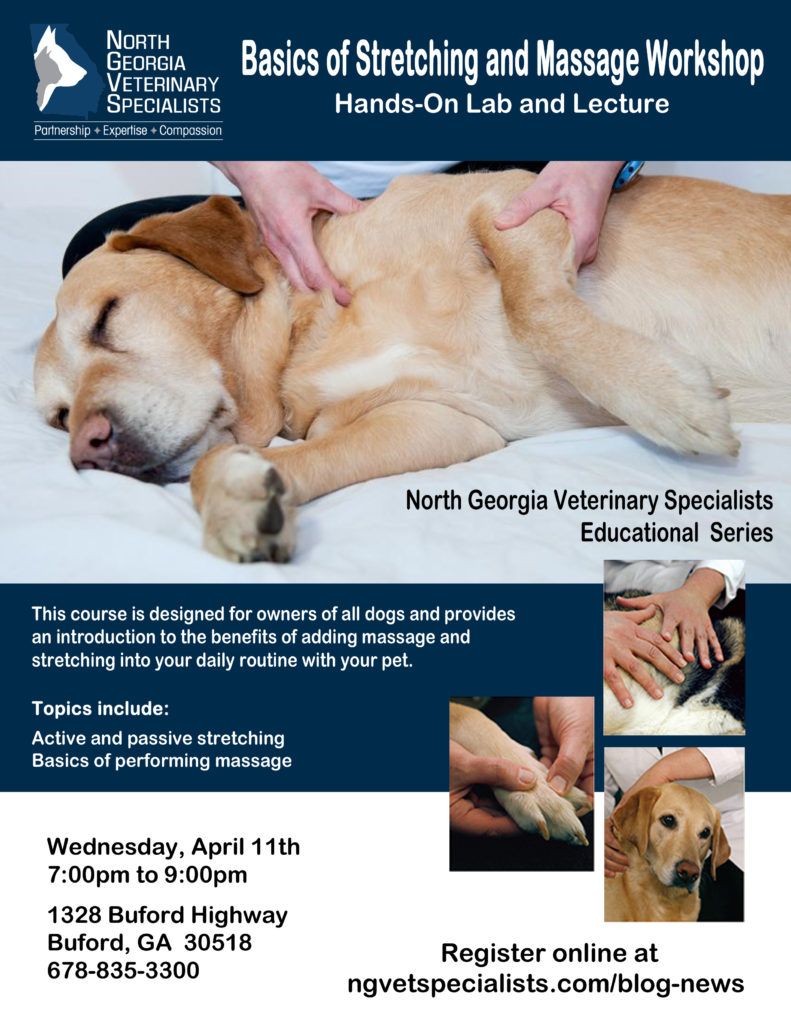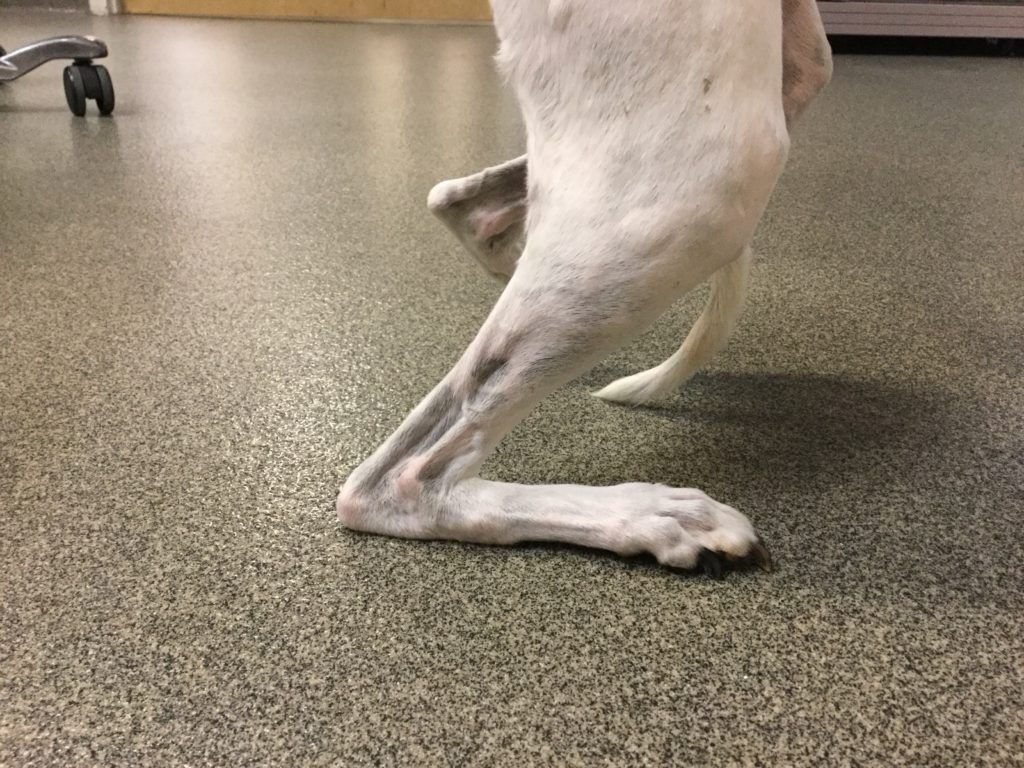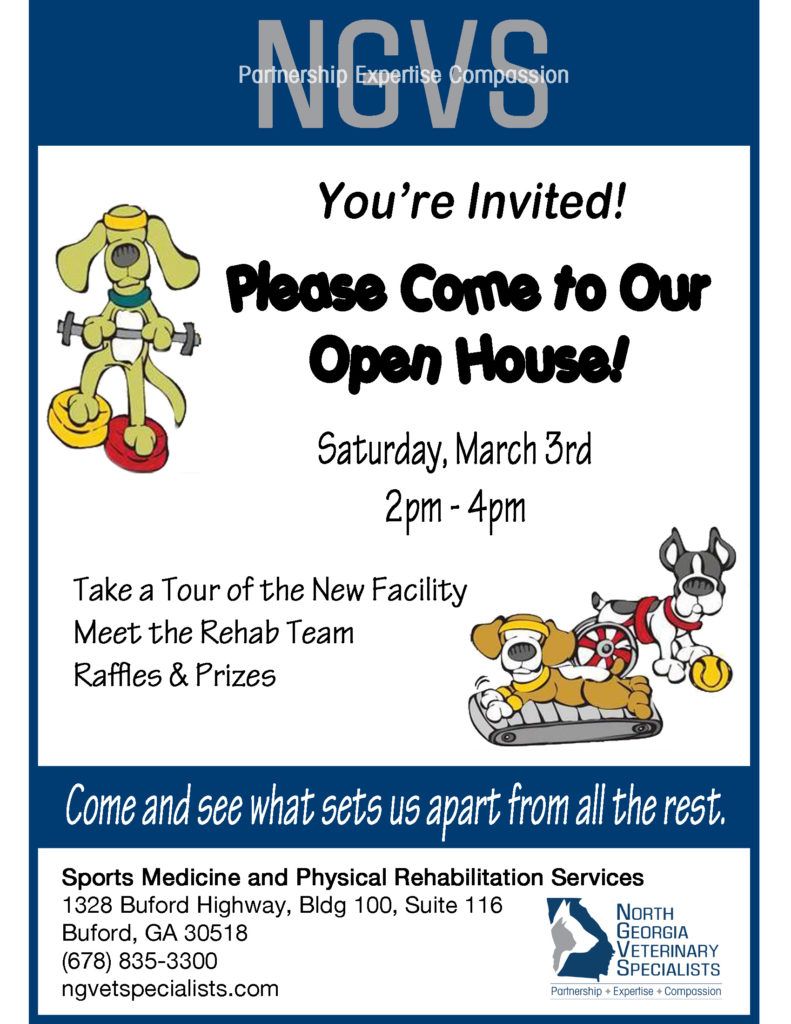Snake Bite Basics
NGVS • August 8, 2015
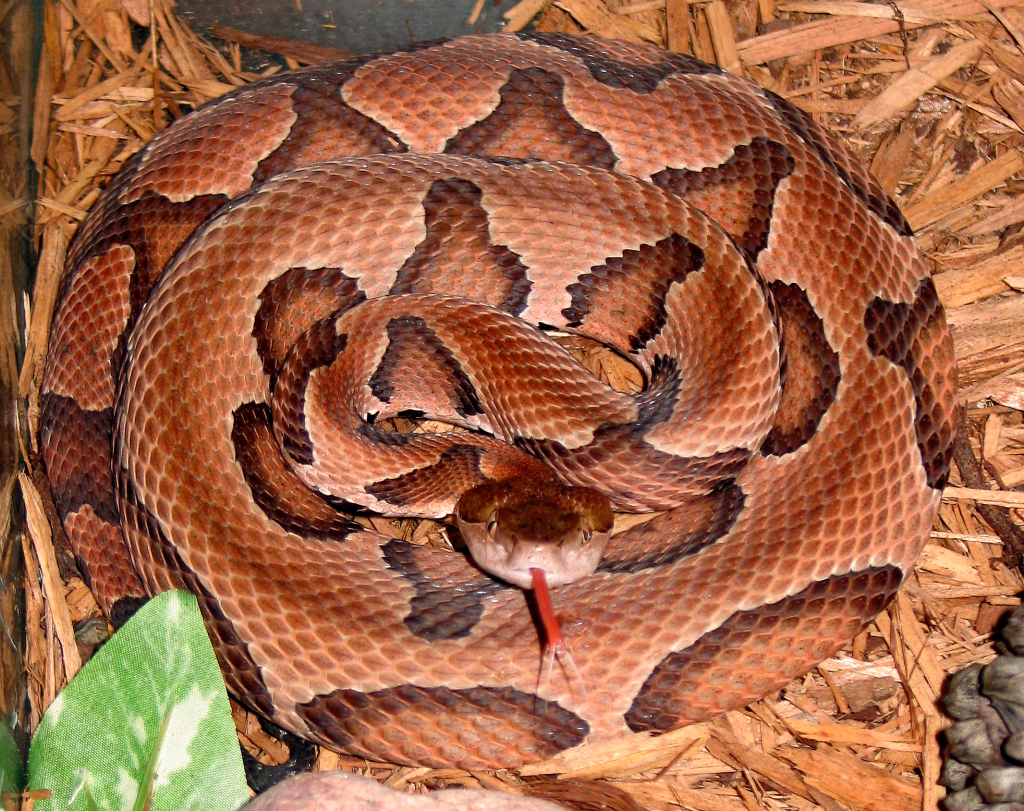
Snake Bites
Dogs, and sometimes cats, are most often bitten by copperheads. Copperheads are more common than rattlesnakes, and more likely to live in close proximity to people. In North Georgia, there are rattlesnakes as well. The rattlesnakes seen in this area are timber rattlers and pygmy rattlers. These snakes all belong to the same Family, Viperidea, often called pit vipers.
Dogs get snake bites more than cats. They are most often bitten on the face (because they are tormenting or investigating the snake), and legs (because they didn’t see the snake and inadvertently stepped on it). Cats are almost always bitten on the front leg(s), because they are swatting at the snake or investigating it by pawing at it.
What determines how severe will a snake bite be?
Snake factors:
- The snake has just killed prey and doesn’t have a lot of venom built up
- The snake hasn’t killed prey and does have a store of venom
- The snake is a juvenile without much control over venom delivery (they inject all they have).
- The snake is only mildly annoyed, possibly inflicting a “dry bite”, or it’s very annoyed, injecting a significant quantity of venom.
- Species of snake. Rattlers have venom nearly 50 times more deadly than copperheads. However, copperhead venom remains active in the tissues for up to 72 hours.
Victim factors:
- Cats are much more resistant to the effects than dogs.
- Small dogs get relatively larger doses compared to their body weight.
- Location of the bite-areas rich in blood supply, such as the tongue, lips, nose are more serious bites than more poorly supplied areas such as the leg. A bite to the tongue is equivalent to intravenous injection of venom and can be deadly even in copperhead bites. Additionally, bites on the head and neck can cause enough swelling to affect breathing, while bites on the legs are far less likely to cause breathing problems.
- General health of the victim.
What happens after a snake bite?
- Snake bites are immediately very painful, and tissue swelling begins within minutes.
- Tissue swelling can continue to progress for 36 hours.
- Rattlesnake venom is hemotoxic, as is the venom of copperheads. Both types of venom cause blood clotting abnormalities and tissue death.
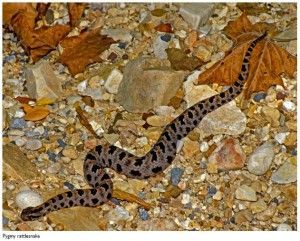
What should you do if your pet is bitten by a Venomous snake?
- Keep the animal as quiet as possible-activity increases the distribution of the venom.
- Do NOT use a tourniquet, ice pack or apply or give any medications at home.
- Do NOT use any type of cutting or suction device – this just makes tissue damage worse and doesn’t change the severity of the snake bite.
- Seek veterinary care immediately.
- Appropriate veterinary care include pain management, infection prevention, anti-inflammatory therapy, antivenin administration, and management of any other concurrent problems such as open wounds or blood clotting disorders.
- Veterinary observation is recommended for several hours to ensure the animal is not worsening despite treatement of the snake bite.
Complications:
The most severe complication involves clotting abnormalities which can be severe and life-threatening. Antivenin reverses these changes if given quickly after a snake bite – sooner is better. Blood transfusions may be needed in severe cases particularly if the pet did not receive antivenin.
Your pet’s best chance at a successful outcome includes prompt veterinary care, antivenin, and appropriate pain control. Enjoy getting out to hike as the weather cools off and keep your eyes open so the snakes can enjoy it as well!!
